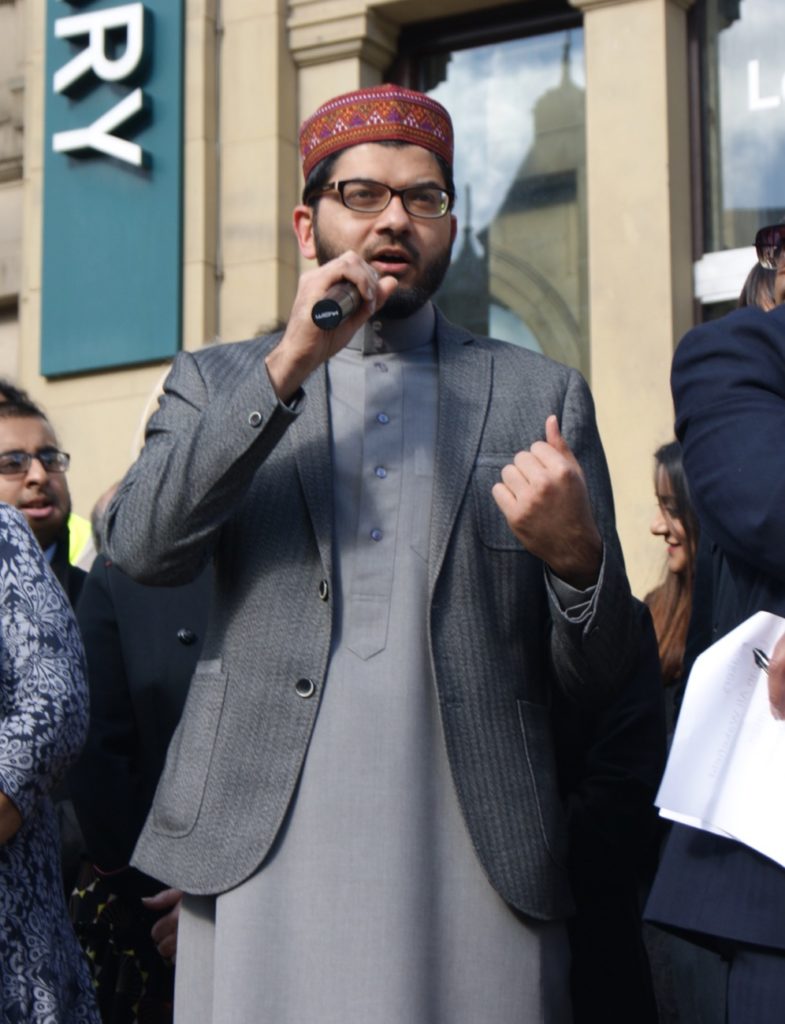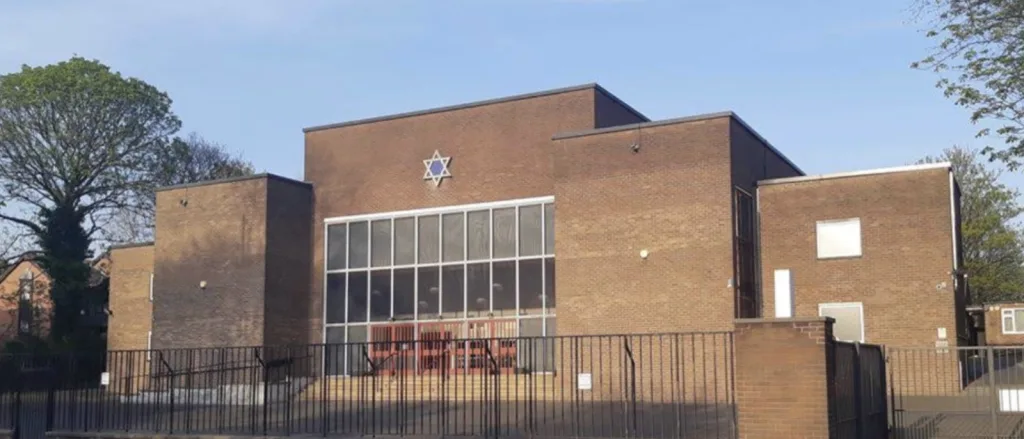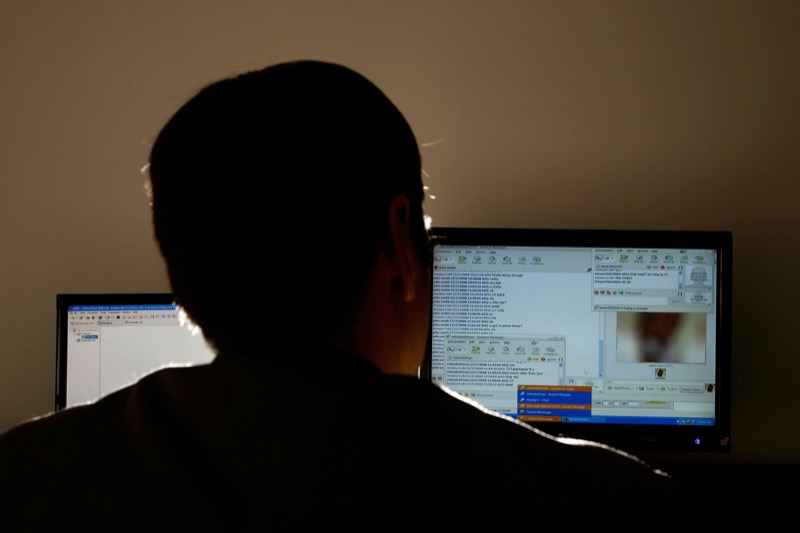
“I am horrified by the violent attack outside Heaton Park Hebrew Congregation Synagogue in Manchester on Yom Kippur. My thoughts are with the victims, their families and British Jewish community, who are understandably shaken and hurt. This act of violence is utterly abhorrent and has no place in our society. Places of worship must always be sanctuaries of peace and safety – not scenes of fear and hatred.”
These were the words of Imam Qari Asim MBE, co-chair of the British Muslim Network and Imam of Leeds Makkah Mosque, following the attack on worshippers as they left prayers on the holiest day of the Jewish calendar.
His statement captures the grief and moral clarity urgently required in the aftermath of yet another assault on religious freedom in Britain.
What unfolded in Manchester was more than an isolated crime. It was an assault on a community already living with the heavy burden of fear. It was also a stark reminder that antisemitism, like Islamophobia and other forms of bigotry, is not a relic of the past but a clear and present danger.

The targeting of a synagogue on Yom Kippur, a day of solemn reflection and repentance, is no accident. It strikes at the very heart of what it means to gather as a faith community in peace.
For British Jews, who have long warned of rising hostility, it deepens the sense of vulnerability. And for Britain as a whole, it demands a reckoning with the ugly currents of hate that are resurfacing across our streets.
Imam Asim’s intervention is both a rebuke to those who would seek to divide and a call to solidarity.
“As a British Muslim leader let me be clear – antisemitism in all its forms is totally unacceptable,” he said.
His words matter because they underline what should be obvious: that the fight against antisemitism and the fight against Islamophobia are one and the same. Both are struggles to defend the principle that no one should live in fear because of who they are or how they worship.
“The anger and grief at events in the Middle East must not spill into violence here.”
Imam Asim says: “The bloodshed and violence in the Middle East, which is excruciatingly painful to witness for all of us, must not be allowed to poison our streets in Britain.”
It is a message that must be heard from pulpits, classrooms, political platforms and dinner tables alike.
Britain cannot afford silence or complacency. It must respond with vigilance, compassion and a recommitment to the values of coexistence. This is a moment to stand shoulder to shoulder across communities, to protect one another’s right to worship freely, and to reject those who would turn grief into hatred.
The safety of synagogues, mosques, churches, gurdwaras and temples is not a niche concern. It is the litmus test of whether Britain remains true to its democratic ideals. Every attack chips away at the promise that people of all faiths can belong here equally.
“Together, we must reject hatred, resist division, and reaffirm our shared commitment to peace, human dignity, and coexistence,” Imam Asim adds. “That commitment must not only be spoken in the aftermath of tragedy. It must be lived, defended and renewed – day after day, act by act, across this country we all share.”













